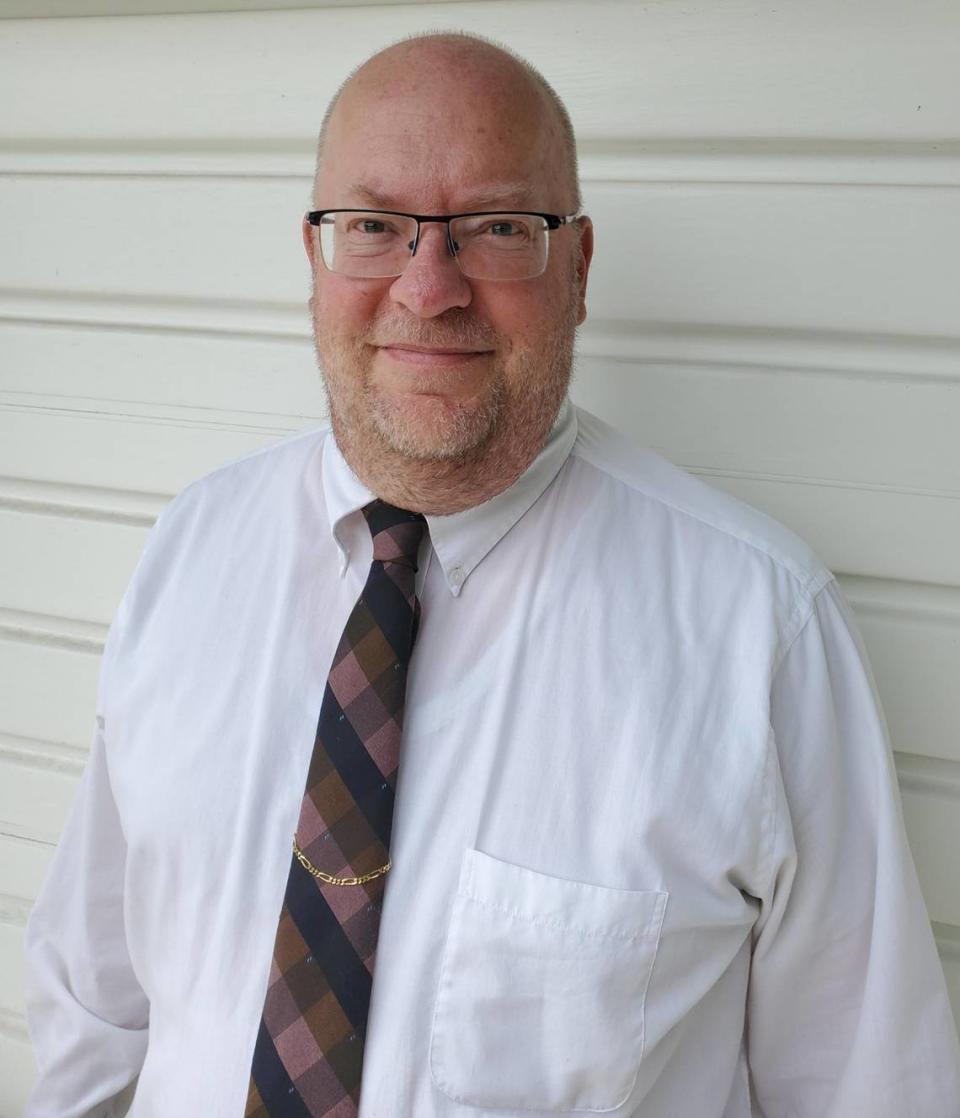Faith | When cancer strikes, what does God want us to learn?
Just over two years ago I received some devastating news. The diagnosis was cancer.
After treatment of what we thought was localized cancer and many more tests, we found that the cancer had spread. At Stage 4, this cancer was no longer considered “curable,” but there are many ways to treat it to slow its progress.
We had already done surgery on the primary tumor. Next came both radiation and chemotherapy to address metastases, some of which were visible on scans and some of which might still be too small to show up.
My first thought when I heard “the big C” word was, “Why me?” I mean, I have tried to live a good life; I go to church, I try to serve others, I don’t even cuss; why is this happening to me?
Then somewhere along the way I grew up a little bit and I asked myself, “Why not me?” I am no better than the next guy and we all get trials in our life.
Finally, I got to the point that both of these questions had me stuck in a rut (as I went from blood test to doctor appointment to radiation therapy). I then asked myself this self-reflecting question, “What does God want me to learn from this experience?”
I have always been a man of faith. I have had many discussions with others on faith. I have counseled others; I have been in a position to chasten and to be chastened. And one thing I have come to understand is that God wants us to put our faith in him. To trust him. Not just to believe in him, but to believe him when he says that he is “the way, the truth, and the life.” (John 14:6)
So if that is the case, then there is a reason that I get to be the one to suffer incurable cancer and that reason is more than “because you are stupid and you make bad choices.” God wants me to learn something about him and about myself.
Anne Morrow Lindbergh wisely cautioned: “I do not believe that sheer suffering teaches. If suffering alone taught, all the world would be wise, since everyone suffers. To suffering must be added mourning, understanding, patience, love, openness, and the willingness to remain vulnerable.” (“Lindbergh Nightmare,” Time, 5 Feb. 1973, 35).
In a process I call “tenderizing,” because it fits on so many levels, and because apparently, I needed it, I have tried over the last two years to incorporate some of those virtues that Lindbergh mentions so that I can learn. Here are some of the things I have learned along my journey:
Cancer is a word, not a sentence.
I am stronger than I ever thought I was.
I am only beginning to fathom the depths of how much I love my wife.
Good friends are important — have several and be one to several.
There are more birds along the Columbia River than ever before (or I am walking more, or I am noticing more).
All scars heal with time, not just the physical ones.
It is a gift to weep. Jesus wept even though he knew Lazarus would soon be healed (John 11:35).
God wants us to have peace in our hearts (John 14:27)
Because of my diagnosis, I am part of the exclusive club of people who truly know that life will end, and the only possible insurance is to enjoy the moment.
Each of these bullets has a story of its own to tell, but for now I will leave you with this: I have had some really hard days. So far, my history of making it through really hard days is 100 percent. I’d say those are pretty good odds.
Don’t bother with whether your cup is half full or half empty, and certainly don’t compare your cup to others. Drink it down and go looking for a refill!

Guest Spiritual Life writer Kent McDonald is a member of the Richland stake of The Church of Jesus Christ Latter Day Saints. Questions and comments should be directed to editor Lucy Luginbill in care of the Tri-City Herald newsroom, 4253 W. 24th Avenue, Kennewick, WA 99338. Or email lluginbill@tricityherald.com.


